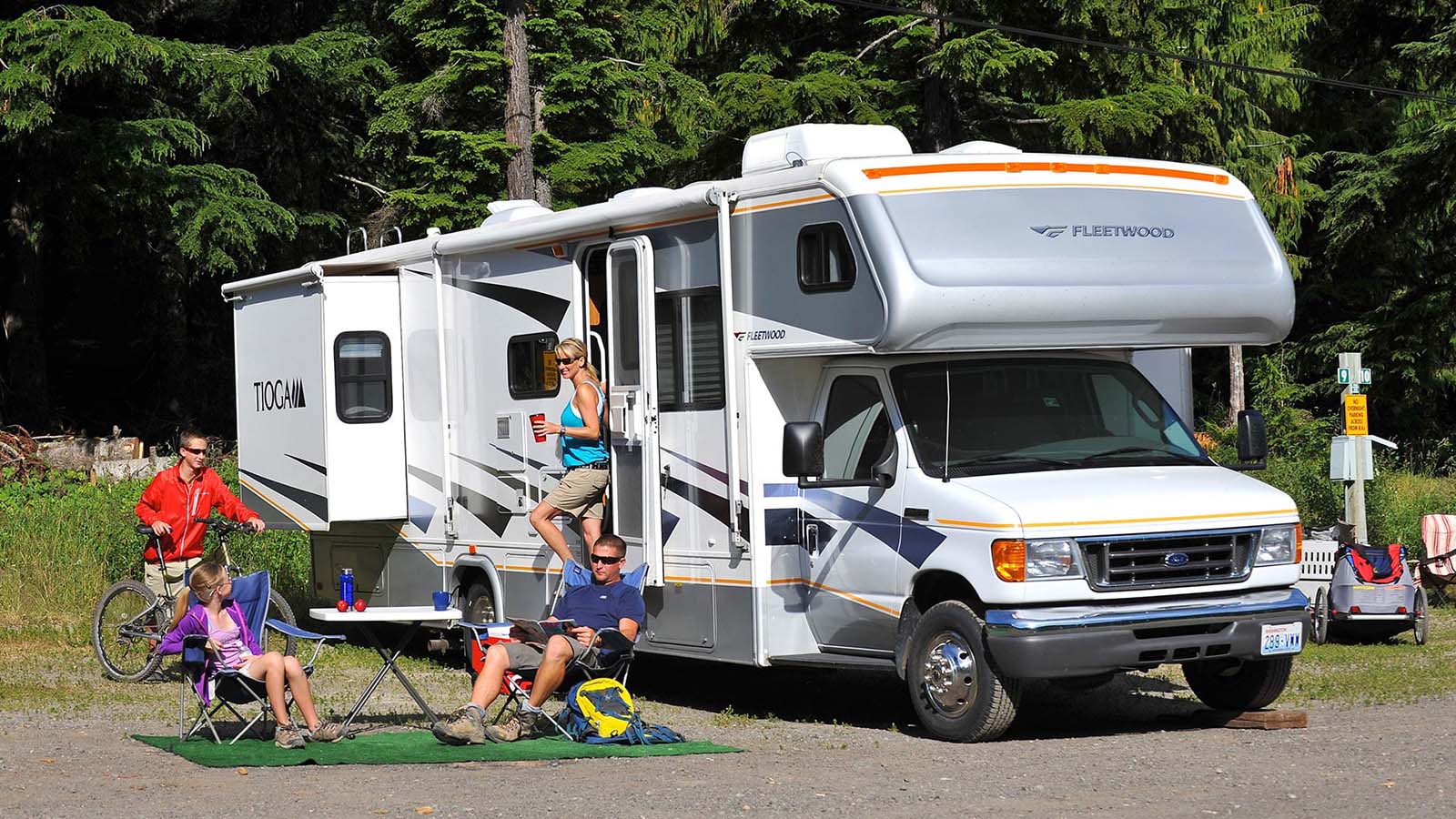Title: RV Battery Disconnect: Advantages of Turning it Off or On

Introduction: As an RV owner, it’s important to understand the significance of the battery disconnect feature. This mechanism allows you to deactivate the connection between the RV’s battery and the electrical system. However, the question often arises whether the RV battery disconnect should be turned on or off. In this article, we will explore the advantages of both options and help you make an informed decision.
H2: Benefits of Turning the RV Battery Disconnect On 1. Enhanced Battery Life: By turning the RV battery disconnect switch on, you can prevent unnecessary drain from appliances or devices that may draw power even when not in use. This extends the overall lifespan of your battery.
H3: 1.1 Energy Efficiency: With the disconnect switch turned on, potential energy vampires such as small LED lights, clocks or stereos can be completely shut off, saving energy for when you really need it.

H3: 1.2 Safe Storage: When storing your RV for a long period of time, keeping the battery disconnect switch on ensures that the battery is not accidentally drained due to phantom loads. This prevents acid stratification and sulfation, which can significantly reduce the battery’s efficiency.
H2: Benefits of Turning the RV Battery Disconnect Off 1. Reduced Risk of Electrical Fires: While a disconnected battery prevents unnecessary drain, it also means that in case of a short circuit or other electrical faults, the battery will not be supplying power. This reduces the risk of an electrical fire.
H3: 2.1 Prevention of Parasitic Drain: If the RV battery disconnect switch is turned off, you can avoid parasitic drain caused by devices or systems that may have been left on unintentionally. This is particularly useful when you are not using your RV for an extended period.

H3: 2.2 Maintenance and Servicing: When the battery disconnect switch is off, it allows the battery to be easily disconnected for maintenance, inspection, or replacement without having to remove the entire battery from its tray.
Conclusion: Ultimately, the decision to turn the RV battery disconnect switch on or off depends on personal preferences and usage habits. By reviewing the benefits of both options, you can make an informed choice based on your specific needs. Overall, turning the battery disconnect on promotes battery health, while turning it off can prevent electrical hazards and simplify maintenance. Remember to consult your RV owner’s manual for further guidance on the best practices for your specific vehicle.

